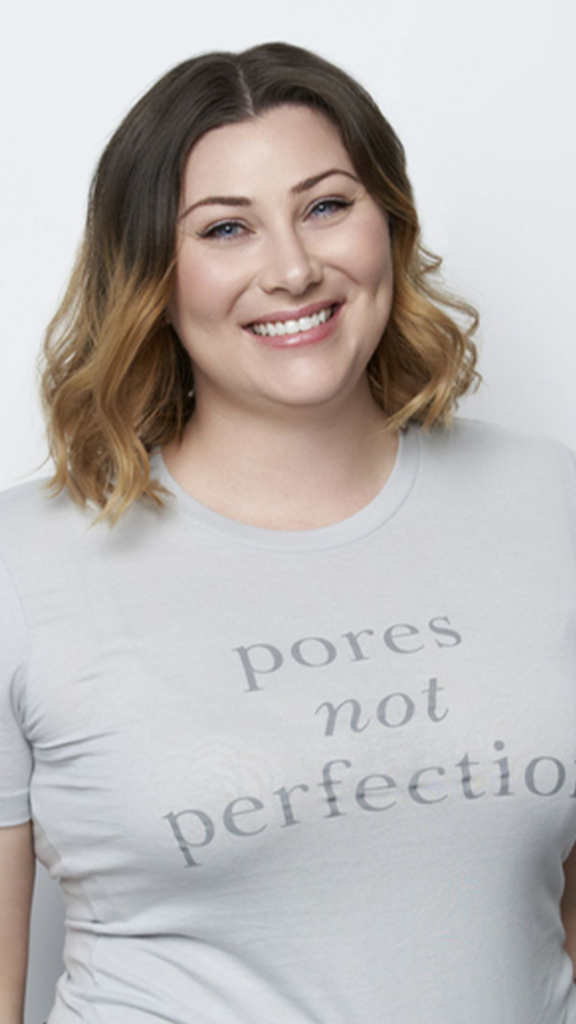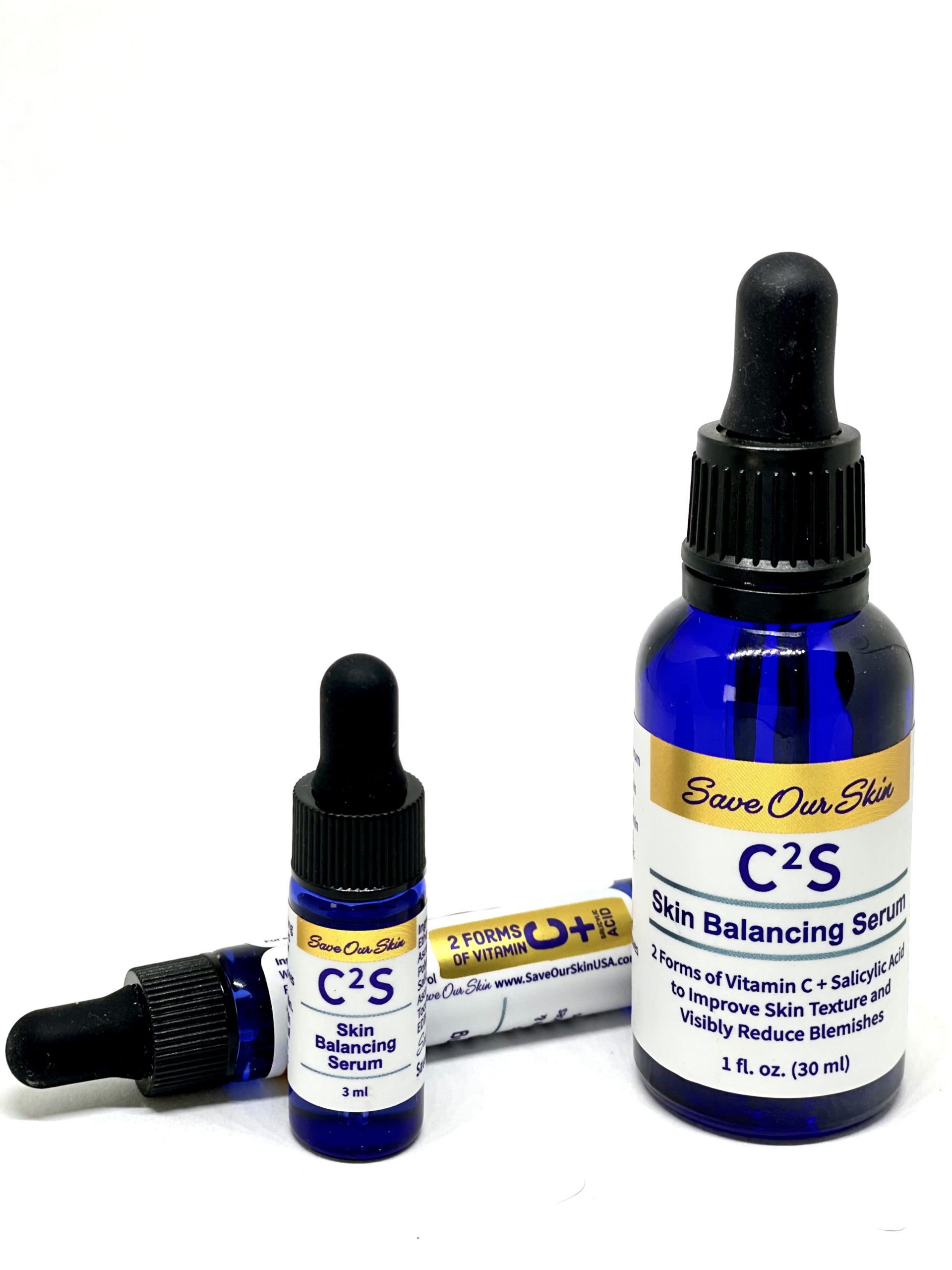When it comes to our acne clients, many of them believe that to clear their acne they must completely dry their skin and the lesions out. In reality, this couldn’t be further from the truth. There can be harm done to the skin’s barrier, and the clearing process can be slowed down if products are too drying. For our skin to properly heal and protect itself, it must be “healthy”. To achieve healthy skin, we need to nourish the skin’s protective barrier with a healthy balance of oil and water. Spotting an impaired barrier on a client is typically easy to do. They will likely be experiencing some form of dryness, tightness, flakiness, redness, and irritation. Acne clients that have been on prescription topicals, tried various drug store products, or followed social media trends will typically come in with some damage already done to their skin.
Hydrating The Skin
When the skin is lacking hydration and/or moisture, the skin’s barrier cannot properly protect us, so we become vulnerable to all sorts of skin conditions, including worsening acne. It’s important to remember that hydrating and moisturizing are not interchangeable terms. Hydrating ingredients work to increase the water content of our skin cells while moisturizing ingredients prevent trans-epidermal water loss (TEWL). Essentially, we hydrate the skin with ingredients like glycerin and hyaluronic acid, then lock in that hydration with emollient or occlusive moisturizers. The right combination of these products will depend on your client’s skin type. Proper water consumption is equally as important as topical hydration. When our body lacks water, this can appear as dehydration and dryness that can be felt and seen on the skin. In addition to drinking plenty of water, consuming a pharmaceutical grade Omega 3 supplement can help to increase the skin’s hydration while promoting healthy insulin levels in the body, also benefiting acne.

Contribution by Alex Hernandez
Alex Hernandez, a Licensed Esthetician of 6+ years, serves as the Lead Educator at Face Reality Skincare. In her role, Alex oversees professional educational training materials, protocols, and classes on a national level. Additionally, Alex supports other key departments including marketing, R&D, and Face Reality’s Acne Clinic. Alongside Laura Cooksey, owner and co-founder of Face Reality Skincare, she learned how to educate clients and professionals on the treatment of acne using the brand’s safe and effective signature adaptive protocol. Through diligent practical training and the completion of Laura’s personal training, Alex became a Face Reality Certified Acne Expert in 2018. Since then, Alex has worked with hundreds of professionals and acne clients in her esthetics career and is a daily witness to the impeccable results achieved using Face Reality Skincare treatments and protocols.
Caution For Acne Prone Skin
Some caution does need to be used when selecting these products for your acne clients because many great moisturizing ingredients are extremely comedogenic. This is especially true with emollient moisturizers since some common ingredients include cocoa & shea butters, squalene, and coconut oil; all of which are comedogenic and should be avoided by acne clients. A helpful list of comedogenic ingredients can be found here. Having non-comedogenic, moisturizing products is important for any skin type, but is vital for acne clients that are actively treating their skin with acne-fighting topicals.

MedSpa Distributors
C2S SERUM’S A WINNER FOR AGE MANAGEMENT
C2S Serum is an ideal antioxidant to have on your back bar and for clients to have in their daily skincare home care plan. It glides onto the skin easily and effectively fuels skin cells to stimulate regeneration, bringing renewed vitality to the skin.
It features Salicylic Acid, an Oil Soluble Vitamin C, and a Water Soluble Vitamin C.
The potent antioxidants in this product bring long-term benefits, along with a clearer, brighter complexion. This makes it a go-to age management product. It also offers clients with congested and acne-prone skin a perfect antioxidant-rich skin-balancing serum.
Creating Balance In Home Care
Alpha hydroxy acids, beta hydroxy acid, and benzoyl peroxide are all very common treatment ingredients that acne clients could be using every single day. As the skin care professional recommending these products, we need to ensure our clients’ routines are properly balanced. For example, if someone is using a salicylic cleanser or serum, they’re following up that step with a hydrating toner or gel. While these ingredients are all excellent for the treatment of acne, if used improperly or without proper balance, they can lead to excess dryness and dehydration. Not only is it uncomfortable for our clients to feel this way, but it can also lead to longer-lasting issues such as skin discoloration.
Helpful ingredients to look for:
Hyaluronic Acid
Beta Glucan
Squalane
Glycerin
Ceramides
Niacinamide

